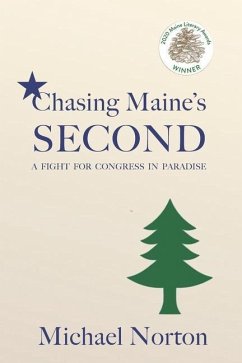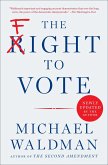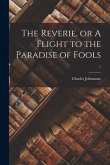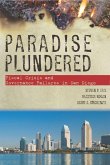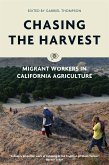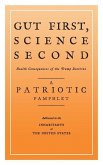In 2018, the divide around Donald Trump's presidency sparks a U.S. Congressional election war. The 60 battlegrounds - mostly in suburbs around cities like Houston and Minneapolis - see political ad spending spike. Maine's Second District is in this fray too - among places capable of voting for either a Democrat or a Republican. But the Second is different, slower than those go-go burbs and an oddball in its New England neighborhood. Rural and 95 percent white, the Second does things like elect Barack Obama president with a 12 percent margin and then offers the job to Trump with a 10 percent cushion. The place is quirky. You can fit three New Jerseys and a Rhode Island into this district and still have 320 square miles of spectacular water and forest to spare. It has seen lots of experimentation - with stuff as varied as hydro-power, mice, and B-52 bombers. People here are older, far more likely than other Americans to be disabled, and never in a mood to be told that they are failures. Plenty of rural places have richer stories than political narrative-making allow. The gulf between campaign reality and voter reality is bigger and more telling in the Second. Major party donors from outside produce an ad war five times larger than the Maine norm. The Congressional battlers talk about guns, tattoos, and Medicare. Wedges work. Local contests and an election experiment tell a more hopeful story. One town considers voting itself out of existence, a reality check on what it means to be rural. In another small town, Trump's election motivates a young man to return home from Asia to run for local office. The election votes here get counted in a new way too. Ranked choice voting, an attempt to loosen the grip of party politics, gets a first-time try in a U.S. federal election. Where else? Maine's zone of experimentation. Maine's Second District is a frontier that powered global commerce with ships, mariners and timber before getting bypassed and settling down to its next job, exporting ambitious youth. In 2018, its voters endure a cross firing of ads from the major party Congressional candidates. Then, the bout for the seat ends in stalemate, with dispute about ranked choice votes festering in the middle. A rookie federal judge appointed by Trump, and raised in the shadow of that tiny town readying to disappear itself from the map, settles the election two weeks before the new Congress is seated. The Second never asked for the $31 million ad scrum, or the campaign lawyers, or ranked choice voting. Still, the place keeps its cool and its priorities. If the American experiment dies, it dies last in the stubborn Second.
Hinweis: Dieser Artikel kann nur an eine deutsche Lieferadresse ausgeliefert werden.
Hinweis: Dieser Artikel kann nur an eine deutsche Lieferadresse ausgeliefert werden.

